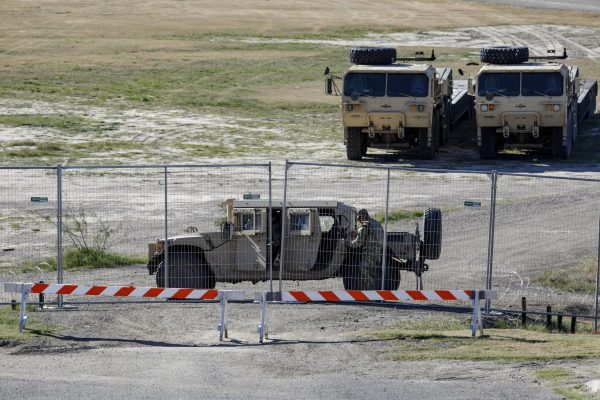Dr. Joe Priest publishes book over Tarleton Wellness Lab patients
March 30, 2017
Tarleton State University kinesiology professor, Dr. Joe Priest, has recently authored and published a book over the stories of the patients who have gone through the Tarleton Laboratory for Wellness and Motor Behavior (LWMB), and have made miraculous recoveries.
“The book will include stories from clients, trainers, fellow faculty, a hospital administrator and a participating physician who lost his practice because of a paralyzing stroke,” said Priest.
The urge to write this book came to Priest after 22 years of training individuals who have been released from health care, and to this day, he says he continues to be excited about the results.
The idea and inspiration of writing this book came to Priest from clients who have “been dismissed socially and therapeutically. Often forgotten for who they are and what they have done for their families, their communities, and often for their country, as in our Wounded Warriors,” Priest said. “Somebody has to tell these stories. As Dr. Rediger, a Harvard MD says, ‘stories with evidence need to be told because they are inspiring to others.’”
A major part of Priest’s life has been the LWMB, which is why he picked it as topic. To him, the lab represents a win-win for clients and trainers.
“Clients experience increased energy and decreased use of prescription drugs, while the trainers get to apply their understanding of kinesiology to [improve] the wellness and movement skills of neuromuscular-impaired,” Priest says.
With this book, Priest hopes to reach the seven million stroke survivors who have been released from health care, “along with others who have spinal cord injuries, cerebral palsy and other immobilizing conditions,” said Priest.
By reaching out to them, he gives the hope of recovery if they participate in the program.
Priest also adds that he expects to generate hope for those who are hopeless and to convince other universities with significant contribution of wellness in the immobilized populations to incredible savings to the American health care system.
“[To me], Tarleton, in collaboration with other scientists (including one at the Johnson Space Center), are providing a solid scientific basis for utilizing paralyzed muscle in conditioning,” Priest said.
However, to Priest, this book is a life worth of commitment to treating and giving hope.
“I am grateful for the opportunity to represent our department, our college of education, our university, even the Texas A&M University System, with an effective method to serve clients while offering students a chance to learn selflessness and compassion,” Priest said.





